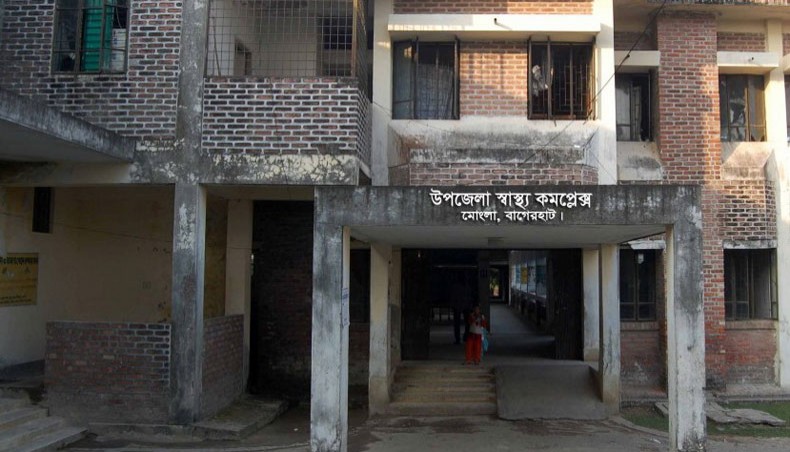NON-COMMUNICABLE DISEASES Rural people find treatment elusive
People in the countryside find treatment of non-communicable diseases elusive.
A new study report released Tuesday show that acute shortage of doctors, labs and medicines crippled the non-communicable diseases corner of upazila health complexes across the country.
The non-communicable diseases corner, in short NCD corners were opened at upazila health complexes between 2007 and 2010 to provide treatments to increasing number of chronic patients suffering from respiratory diseases, diabetes, hypertension and cardiovascular diseases.
The NCD corners are poorly functioning facing many systemic and service delivery challenges, reveals the study jointly conducted by BRAC James P Grant School of Public Health and the ICDDR,B.
The report of the study titled ‘Determining the challenges and opportunities for strengthening NCD corners in Bangladesh: A situation analysis’ was released at a seminar at ICDDR,B’s Traction Auditorium.
An earlier study by The Lancet, a British journal, released in 2015 said that though NCDs are increasing in Bangladesh, the country performed poorly in reducing non-communicable diseases.
Bangladesh is facing a growing burden of non-communicable diseases as these diseases account for 59 per cent of about 8,86,000 deaths per year.
The government National Health Bulletin data also shows that most of the hospitalizations of people above 30 and their deaths at hospitals are caused by cardiac complications, brain haemorrhage, chronic respiratory diseases, cancer, diabetes and other non-communicable diseases.
The new study covering upazila health complexes in Dhaka, Chittagong, Khulna and Sylhet divisions over two years, beginning 2015, found that the NCD corners lacked dedicated and trained doctors, nurses, technologists and other support staff.
The study reveals that the NCD corners were being run with shortage of equipment and laboratories, logistics and drug supplies.
Absence of keeping patients’ records obstructs referring them to other hospitals or reporting their conditions to the higher medical authorities for the required follow-ups.
Lack of coordination and communication between the NCD corners and the Health Services’ central NCD wing were also found to be sources of endemic systemic problems.
No guidelines were provided to the NCD corners regarding the standard operating procedures they should follow.
The study found that due to absence of screening facilities patients with chronic obstetric pulmonary disease, diabetes and cardiovascular diseases turn up at the outpatient department not prepared to handle such patients.
The services at NCD corners are confined to general consultation, health education and counselling.
No regular laboratory facilities are available at most of the upazila health complexes, so the patients are compelled to go to private laboratories.
Bangladesh’s health service still eludes 70 per cent of the population living in rural areas as few doctors are willing to serve government hospitals in the countryside, according to World Health Organization’s Global Health Workforce Alliance.
Doctors who are grossly blamed for behavioral problems, and mostly commercialized as they give patients less than one minute (48 seconds) on average, according to a global study published by UK-based medical journal British Medical Journal in November 2017.
Due to lack of confidence on doctors, every year huge amount of people go to neighboring countries for medical treatment draining out foreign currencies, health economists said.
BRAC James P Grant School of Public Health research fellow Nahitun Naher, a member of the research team, told New Age that there have been limited studies on NCD control measures taken by the government in Bangladesh.
She said the study aimed at assessing the current situation of NCD related problems and services being provided by the NCD corners and how to institutionalize and strengthen the NCD related services.
She expressed the hope that the government would take steps to address the problems identified by the study.
Commenting on the study, ICDDR,B head of NCD initiative, Aliya Naheed, said that the study reflected the real story of NCD corners in Bangladesh.
It’s a comprehensive study that objectively identified the problems, she said.
Aliya said that absence of screening facilities at NCD corners highlighted a serious problem facing the country’s rural population that should be matter of concern for Bangladesh.
Health Services additional director general and line director for NCDs, AHM Enayet Hossain refused to comment on the study report saying he did not study it.
But he said that the government was working to make the NCD corners useful to rural patients.
News Courtesy: www.newagebd.net











